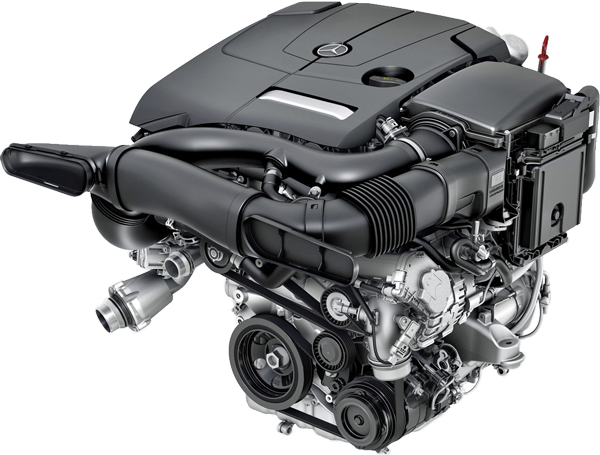The Comparative Analysis :
Mercedes E 500 7G-TRONIC (09 - 11) vs. Mercedes E 200 4MATIC 9G-TRONIC (19 - ..)
€ 68,600

€ 49,700

€ 68,600
Base Price ⓘBase price of a new vehicle with standard equipment in Germany at market launch.
€ 49,700
ⓘBase price of a new vehicle with standard equipment in Germany at market launch. Price Info
Vehicle Dimensions
The dimensions of these vehicles differ a little. The E 500 is 2.2 inches shorter, 0.1 inches wider and 0.1 inches taller than the E 200.
E 500
E 200
57.9
73
81.5
57.8
72.9
81.3
73 in
Width
72.9 in
81.5 in
Width Incl. Mirrors
81.3 in
57.9 in
Height
57.8 in
113.1
191.7
115.7
193.8
191.7 in
Length
193.8 in
113.1 in
Wheelbase
115.7 in
Vehicle Weight
E 500
E 200
4034 lb
Curb Weight
3726 lb
5236 lb
Gross Vehicle
Weight
Weight
5126 lb

Weight Difference:
309 lb
7.66 %

General
E 500
E 200
W212
Generation
W213
Sedan
Car Body Style
Sedan
Mid-Grade Unleaded
Fuel Type
Mid-Grade Unleaded

Rear-wheel drive
Drivetrain
Permanent all-wheel drive (AWD)

7-speed automatic transmission
Transmission
9-speed automatic transmission
Engine
E 500
E 200
V8 gasoline engine (naturally aspirated engine)
Engine Type
4-cylinder mild hybrid gasoline engine with turbocharger
Mercedes-Benz M 273
Engine Series
Mercedes-Benz M 274
M 273.971
Engine Code
M 274.920


4
Valves
4
8
Cylinders
4
5.5 L / 269 cu in
Displacement
2 L / 98 cu in
383 hp
at 6000 rpm
Power
208 hp
at 5500 rpm
E 500
383 hp
208 hp
E 200
391 lb‑ft
at 2800 rpm
Max. Torque
236 lb‑ft
at 1650 rpm
E 500
391 lb‑ft
236 lb‑ft
E 200
Performance
E 500
E 200
155 mph
Maximum Speed
144 mph
5.2 sec
Acceleration 0 to 62 mph
7.6 sec
62 mph
62
mph
mph
236 ft
0.000 sec

E 500
62 mph
62
mph
mph
348 ft
0.000 sec

E 200
▶ REPLAY
10.53 lb/hp
Weight-to-Power Ratio
17.91 lb/hp
E 500
10.53 lb/hp
17.91 lb/hp
E 200
Fuel Economy / Emissions
E 500
E 200
Fuel Economy
22 mpg
combined
35 mpg
E 500
22 mpg
35 mpg
E 200
15 mpg
city
27 mpg
31 mpg
highway
42 mpg
21.1 gal
Fuel Tank Capacity
13.2 gal
460 mi
Range
464 mi
E 500
460 mi
464 mi
E 200
Environmental Impact
204.5 kWh
Total Energy Consumption
per 100 miles ⓘThe total energy consumption per 100 miles is the amount of energy consumed by a vehicle when burning fuel or using electricity per 100 miles (final energy), and the energy required to produce the appropriate amount of fuel or electricity (primary energy).
per 100 miles ⓘThe total energy consumption per 100 miles is the amount of energy consumed by a vehicle when burning fuel or using electricity per 100 miles (final energy), and the energy required to produce the appropriate amount of fuel or electricity (primary energy).
127 kWh
E 500
204.5 kWh
127 kWh
E 200
Euro 5
Emission Standard
Euro 6d-TEMP-EVAP-ISC (WLTP) 36CH, 36CI, 36DG
407 g/mi (NEFZ)
CO2 Emissions
277 g/mi (WLTP)
Practical Convenience
E 500
E 200
4
Doors
4
5
No. of Seats
5
1202 lb
Maximum Payload
1400 lb
15.3 cu ft
Trunk Volume
15.3 cu ft










No data
Cargo Volume (Seats Down)
No data



















